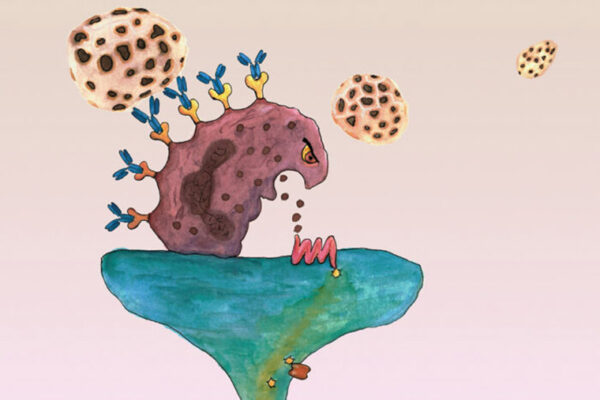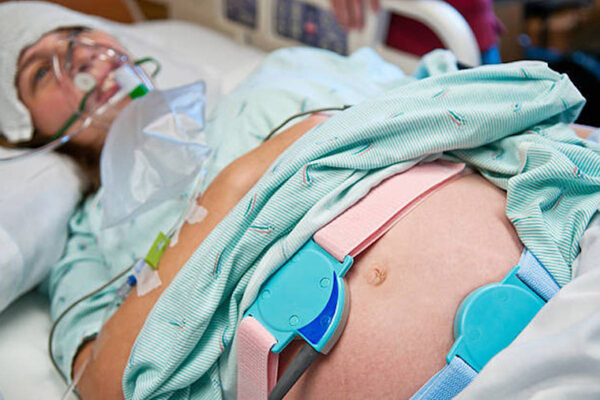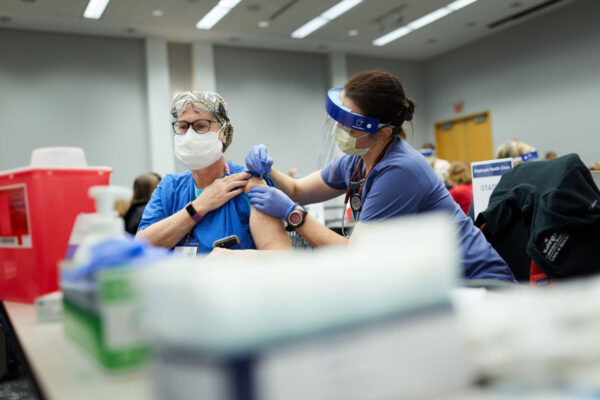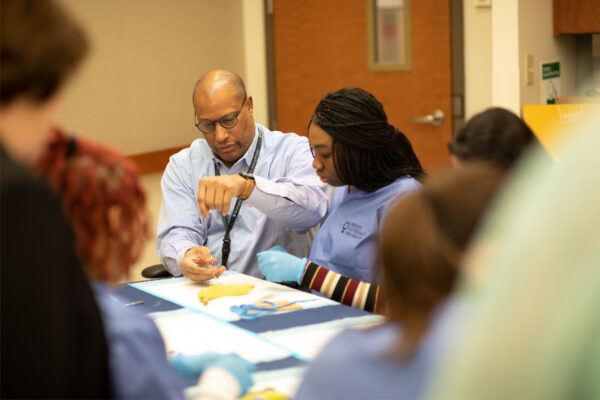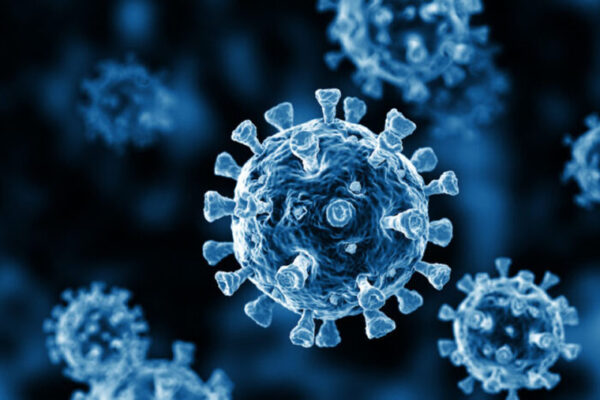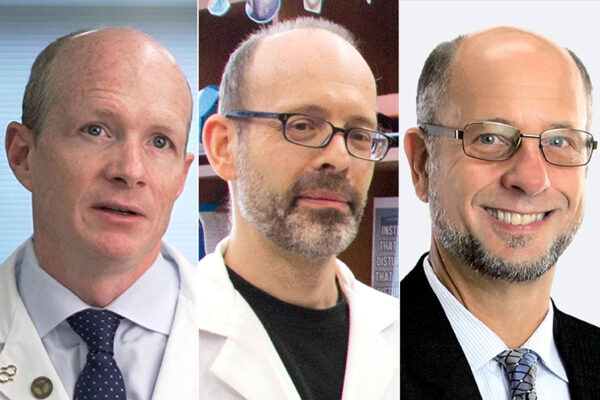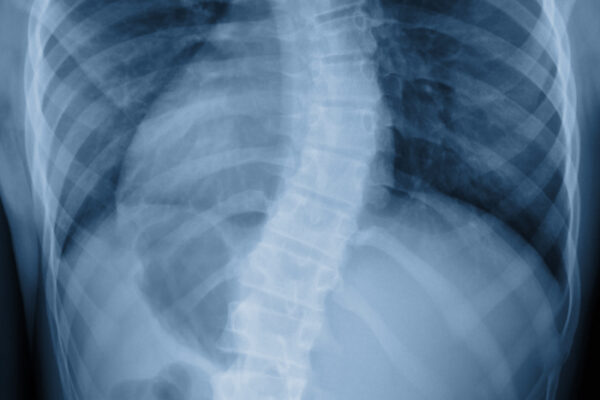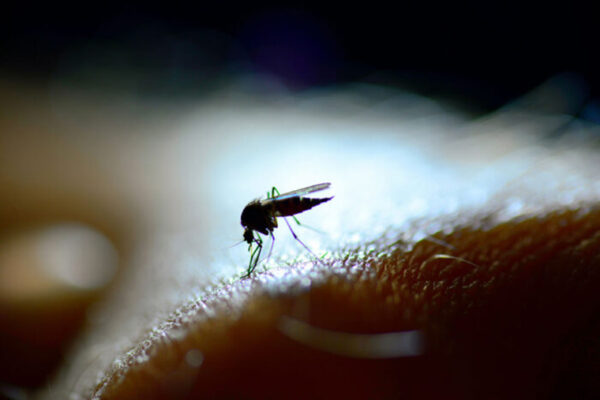Acute itching in eczema patients linked to environmental allergens
New School of Medicine research indicates that allergens in the environment often are to blame for episodes of acute itch in eczema patients. Researchers found the itch signals are being carried to the brain along a previously unrecognized pathway that current drugs don’t target.
Infectious diseases organization honors five faculty
Five faculty members at the School of Medicine have been elected fellows of the Infectious Diseases Society of America (IDSA). They are Ernie-Paul Barrette, MD, Jeffrey Henderson, MD, PhD, David Hunstad, MD, Stephen Liang, MD, and Hilary Reno, MD, PhD.
For moms, oxygen during childbirth often unnecessary
Researchers at Washington University School of Medicine have found that there is no benefit in providing supplemental oxygen to mothers during labor and delivery, a decades-long and common practice. Infants born to women who received supplemental oxygen fared no better or no worse than those born to women who had similar labor experiences but breathed room air.
Don receives award from pediatric radiology society
Steven Don, MD, associate professor of radiology and of pediatrics at Washington University School of Medicine in St. Louis, has received the 2020 Pioneer Award from the Society for Pediatric Radiology for his innovative work in the development of digital radiography and digital imaging.
Historic, hopeful moment arrives on Medical Campus
As part of a historic effort to end the COVID-19 pandemic, health-care personnel at the School of Medicine and BJC HealthCare have begun receiving the first doses of a vaccine against the SARS-CoV-2 virus.
Eric W. Carson
At the School of Medicine, orthopedic surgeon Eric W. Carson aims to increase diversity and mentorship in medicine.
COVID-19 patients at higher risk of death, health problems than those with flu
A deep dive into federal medical data, conducted by researchers at the School of Medicine, found that COVID-19 is much deadlier and causes more health problem for patients than the seasonal flu does.
Bateman, Diamond, Hultgren named to National Academy of Inventors
Washington University School of Medicine in St. Louis faculty members Randall J. Bateman, MD, Michael S. Diamond, MD and Scott Hultgren have been elected fellows of the National Academy of Inventors, the highest professional distinction accorded solely to academic inventors.
Severe scoliosis in African Americans focus of $3.2 million grant
Researchers at Washington University School of Medicine in St. Louis have received a five-year $3.2 million grant to study the genetic basis of the musculoskeletal disorder scoliosis, and particularly how it affects African Americans and other underrepresented minorities.
Lethal brain infections in mice thwarted by decoy molecule
School of Medicine scientists have identified a molecule that protects mice from brain infections caused by Venezuelan equine encephalitis virus, a mosquito-borne virus notorious for causing fast-spreading, deadly outbreaks in Mexico, Central America and northern South America.
Older Stories
